NORTHERN EXPOSURE OP-ED
Zimbabwe needs a second liberation – from the liberators themselves
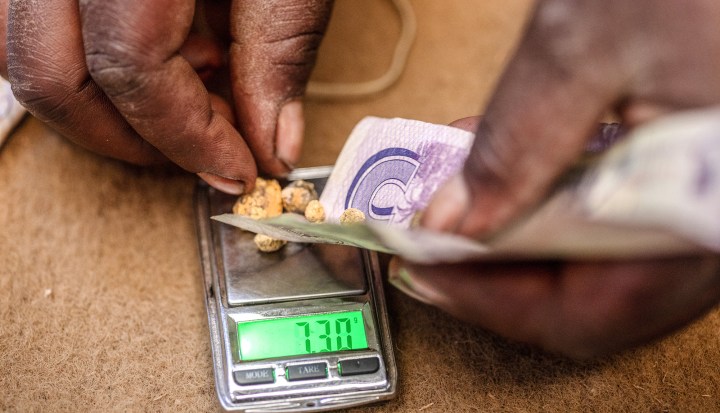
It’s clear what is required: a second liberation from poverty, from the dead hand of government and from a predatory elite. This is an agenda to invest in basic services and to get the government and the economy working for the people.
‘If you see a man driving in a straight line,” goes the Zimbabwean joke, “he must be drunk. He’s not swerving for the potholes.”
The saddest reality about visiting Zimbabwe is that people never speak about things improving, but rather how much they are going down, because for most people it is.
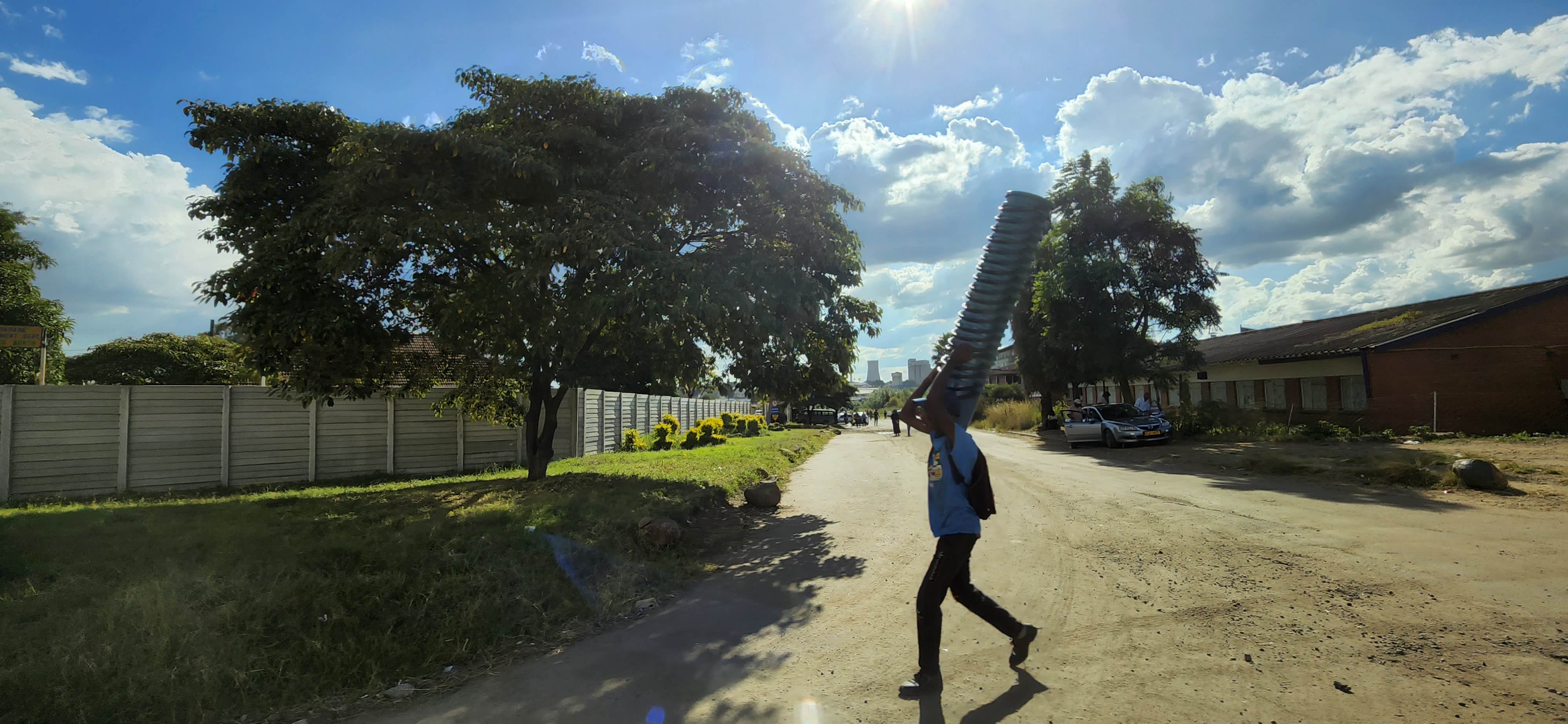
Half of Zimbabweans surveyed say they would leave the country immediately if they could. (Photo: Greg Mills)
It’s a perfect illustration of a rentier state, one where the elite feasts on the proceeds of extraction while the rest are left to fight over the crumbs that fall off the table. In Zimbabwe’s case this centres on three aspects: rent from critical imports especially fuel, agriculture and mining.
The term rent disguises another reality. These are criminal activities. As Gold Mafia, the Al-Jazeera documentary on gold and currency smuggling out of and into Zimbabwe describes, this is part of a global money laundering operation. Criminal syndicates enmesh with the state apparatus in a billion-dollar operation washing money in exchange for Zimbabwean gold via Dubai.
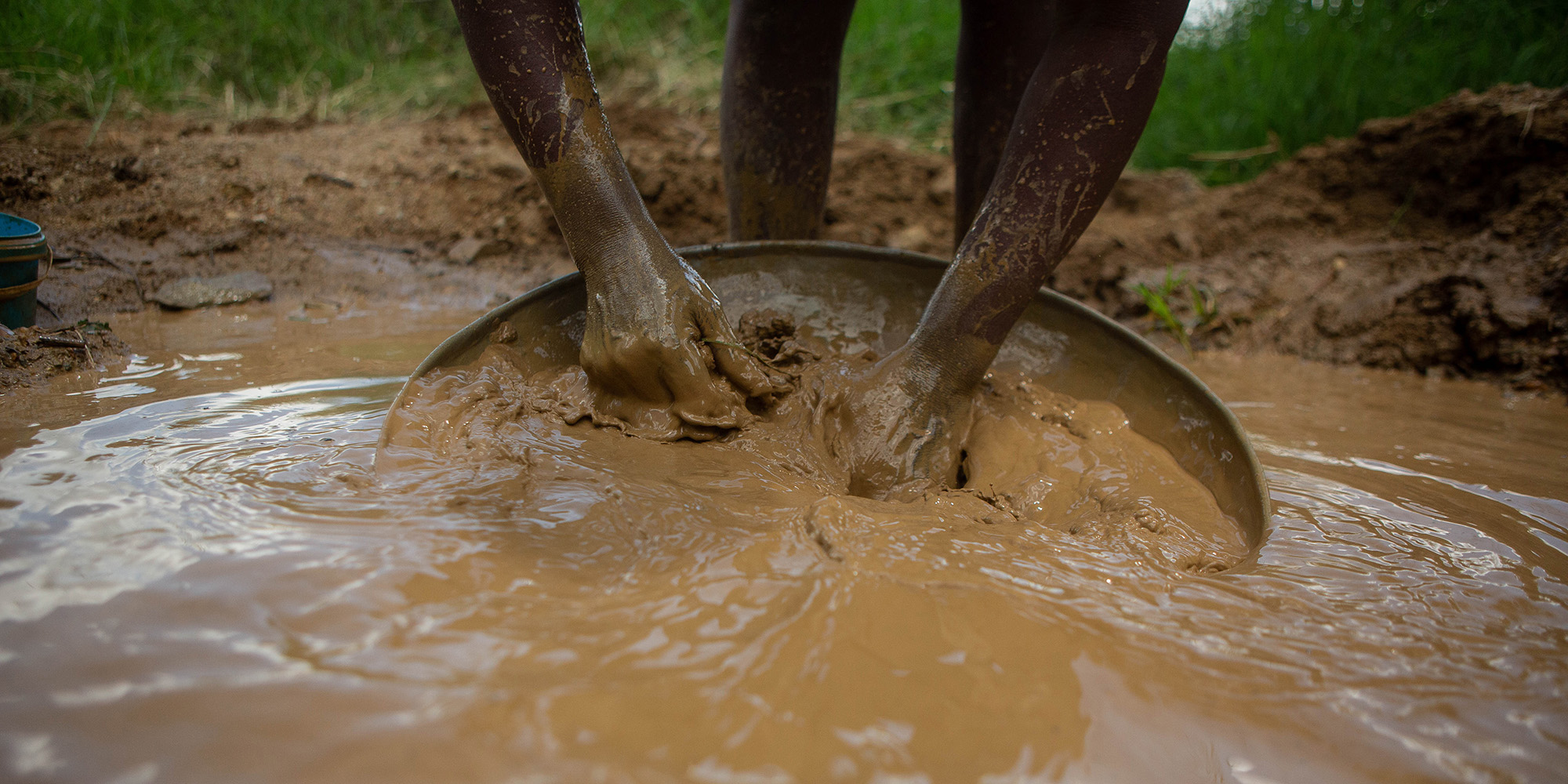
An artisanal miner sifts through ore powder for gold particles at a river bed on 8 March 2021 in Banket, Zimbabwe. (Photo: Tafadzwa Ufumeli / Getty Images)
The inputs into the $1 billion Command Agriculture Programme, the licences for fuel imports and the presence of a multiple exchange rate system all allow scope for rents.
With the Zim dollar trading officially at $1-Z$8.50 and unofficially at more than $1-Z$1,300, access to dollars at the official rate allows a generous rate of “return”.

With about 85% of the population in the informal economy, half the population now lives below the poverty line. (Photo: Greg Mills)
A small number of Zimbabweans make obscene amounts of money out of these schemes whereas the vast majority languish at the bottom.
The number of extreme poor (defined as people living under the food poverty line of $29.80 for each person a month) in Zimbabwe rose from three million in 2011 to 6.6 million in 2019 and now 7.9 million, with 90% of these (including 1.6 million children) in rural areas.
The wealth of Zimbabweans has, on average, declined since independence. GDP per capita touched $1,540 in 1980, despite being suppressed by 15 years of war. This crept up to $1,690 by 2001, a poor performance given the inflow of aid and the end of sanctions.
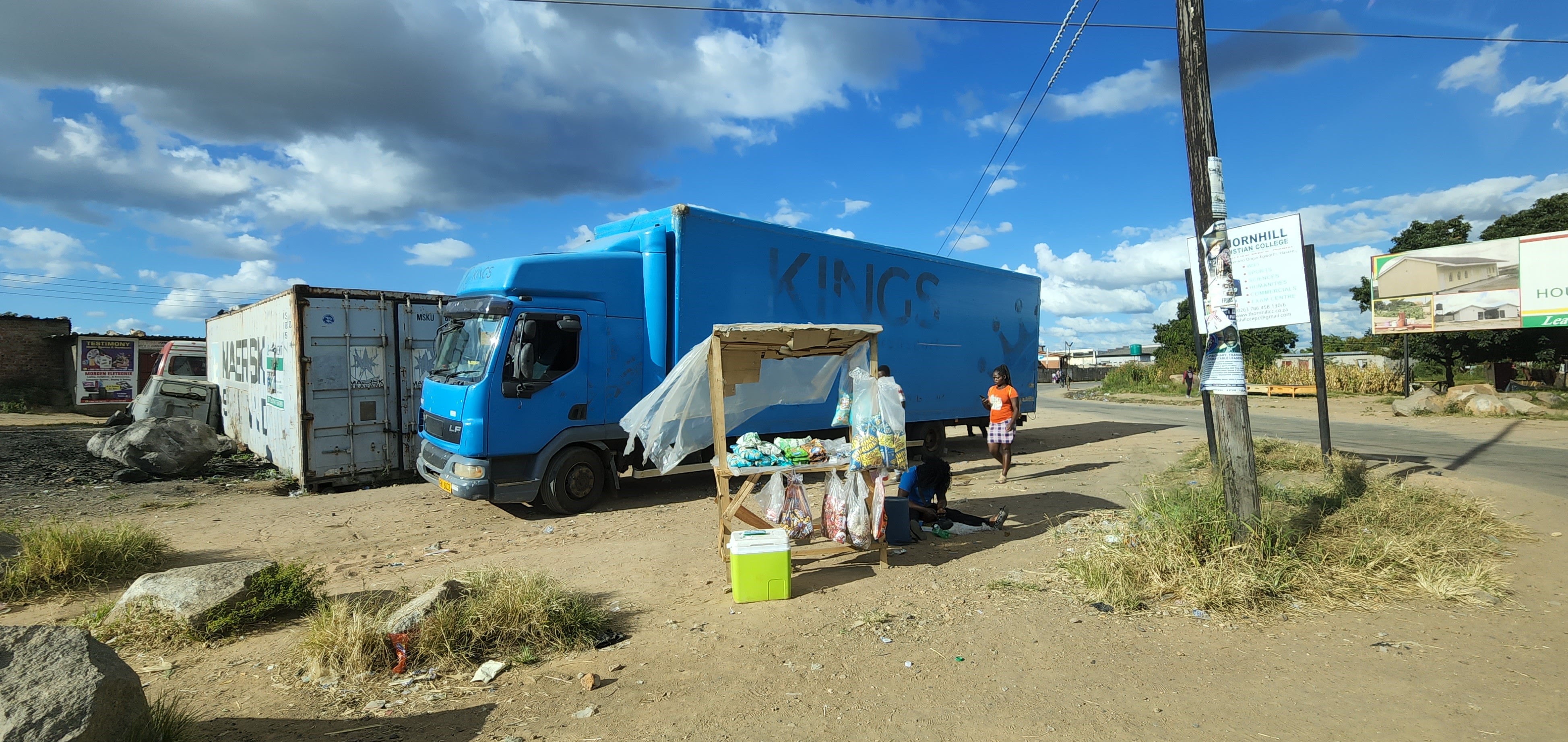
Zanu-PF has returned Zimbabwe to the same wealth levels of 1972 (Photo: Greg Mills)
Then began a precipitous fall to $824 by 2008. By 2013, it had increased to $1,422, after which it fell again to $1,290 by 2021. Now Zimbabwe is in per capita income terms where it was in 1972, thanks to Zanu-PF.
Not conducive to change
The politics are not conducive to change – neither is the quality of institutions. Both these aspects are a common challenge among liberation movements across southern Africa.
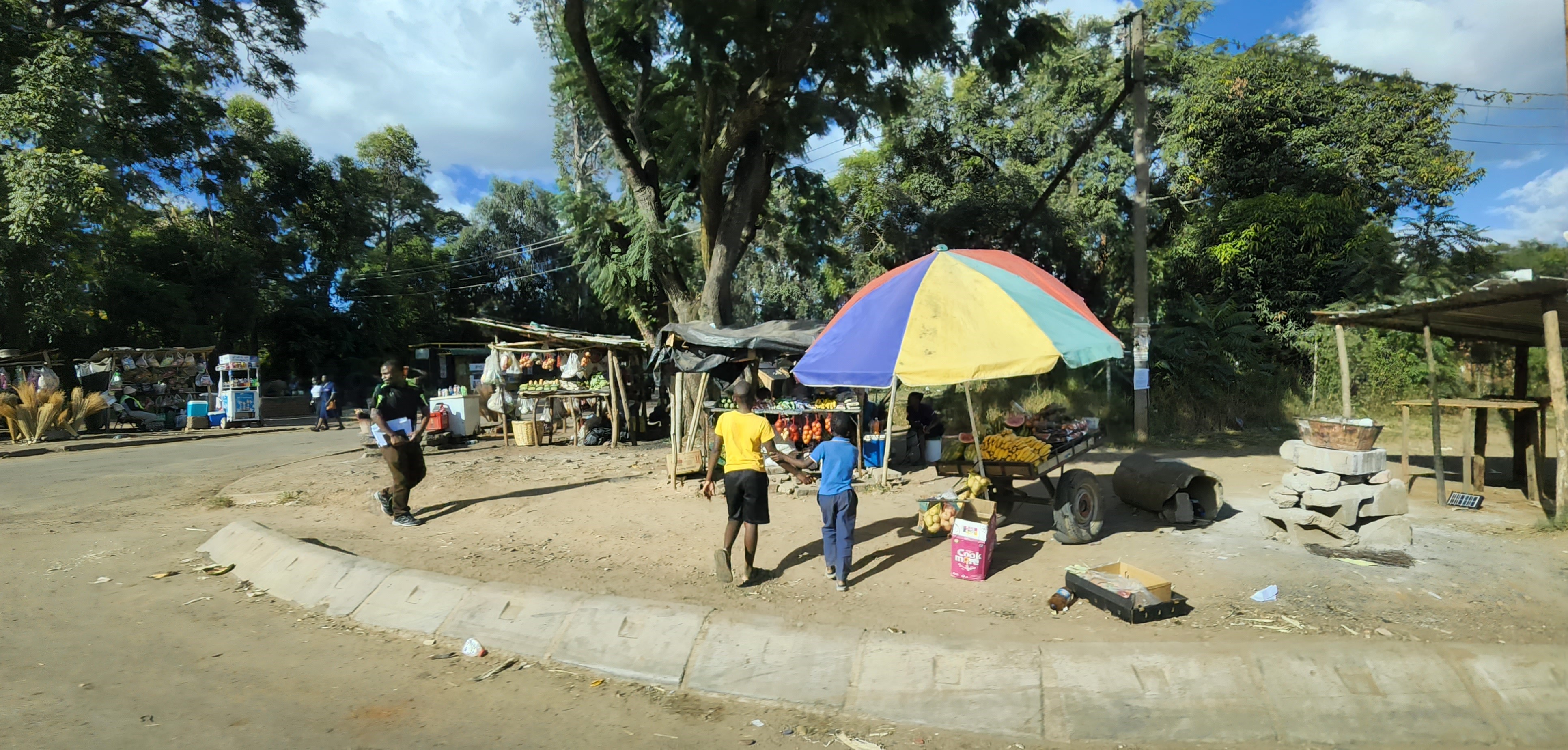
Epworth township in Harare — most inhabitants live on less than $1 per day. (Photo: Greg Mills)
As Harare resident Spirit (42) put it: “After [Robert] Mugabe left, we have a different driver [in President Emmerson Mnangagwa] of the bus. But it’s still the same bus.”
He counts himself among the lucky few with a job that pays $200 per month, “more than the government workers”. His costs each month are $170 before he pays school fees for his two kids, totalling $115 per term. His wife has a “table” selling vegetables, which supplements their meagre income.
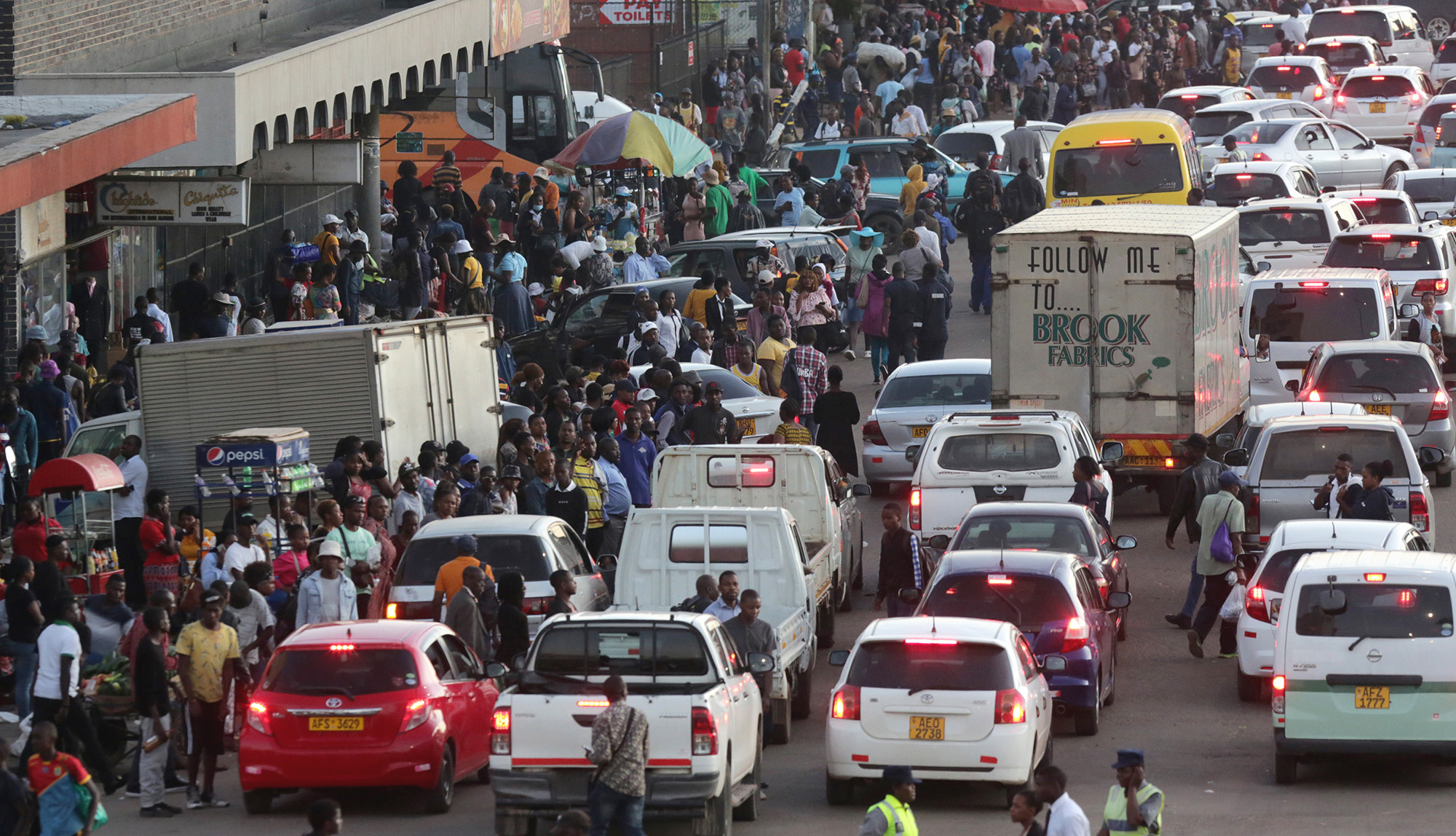
Cars crowd a road in Harare, Zimbabwe, 23 December 2022. (Photo: EPA-EFE / Aaron Ufumeli)
Zimbabwe is the country where you will find university graduates, of which there are about 20,000 new ones every year, driving cars for a living “if they are lucky”, Spirit says.
This is what comes of the wrong priorities by the government, which are populist rather than realist, elitist rather than people-based.
It is a country where the politicians talk past each other and seldom to the population, reflecting high levels of inequality, of access and opportunity.
The physical impact of the years of decline is visible everywhere, in the state of the roads, power and water services, rising crime and, especially, in levels of unemployment.
According to the World Bank, just one-third of Zimbabweans receive a salary, the remainder surviving on subsistence trading or farming. Two-thirds of Zimbabwe’s labour force continues to be employed in agriculture, while just half of the population has access to (sporadic) electricity.
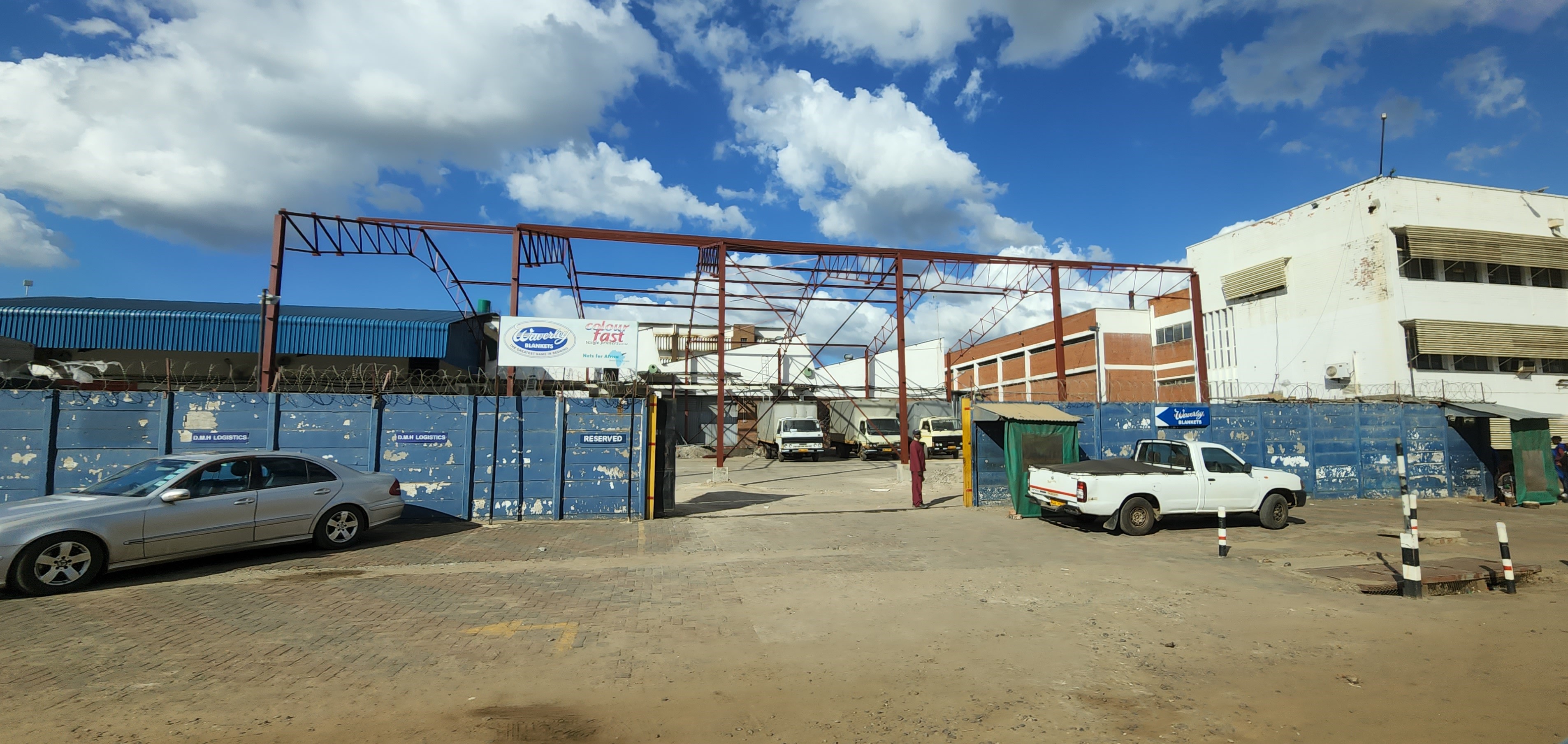
Graniteside — where factories once thrived, warehouses stand. (Photo: Greg Mills)
Where there were once factories in the industrial areas of Graniteside and Willowvale, there are trading operations and warehouses; and while the rich play golf and drink at the world-class surrounds of Royal Harare, and shop in the centres around Borrowdale, Glen Lorne and Highlands, the poor struggle on in Harare’s surrounding shanty towns of Epworth, Mbare and Highfields. So much for the liberation struggle.
Costs to the poor
It’s clear what is required: a second liberation from poverty, from the dead hand of government, and from a predatory elite – a liberation from the liberators themselves.
This is an agenda to invest in basic services, to get the government and the economy working for the people, to stop stealing, to return law and order and the rule of law, and to stabilise the currency.
But herein lies an even greater cost to the rentier economy. Not only does it extract wealth at the cost of the poor, but it provides the means to perpetuate the system, to buy votes and favours, and to rig elections.
There is by now a well-established playbook to use elections to pretend to be accountable. The trick is to allow reasonably free and fair voting on election day while observers are in town. They don’t see – or don’t want to see – the months of repression of the opposition leading up to voting and the counting of the results behind closed doors to suit the incumbents.
The ultimate cost of the rentier state is its suppression of competitive politics that produces better choices.
Once the election is over, the new government, claiming to be “reformist”, unrolls the same old statist policies that place the elite in the middle of all serious transactions as the world shrugs, its mind on bigger conflicts elsewhere. DM
Greg Mills and Ray Hartley are with The Brenthurst Foundation. www.thebrenthurstfoundation.org

















 Become an Insider
Become an Insider
Zimbabwe, if anything, is a perfect example of Radical EconomicTransformation! The very road on which the SA economy is travelling….. it’s downhill from here folks!
,
We are so much wealthier than Zimbabwe but I think we are working very hard, day in and day out, to follow in its footsteps. I’m not sure what happened to the cynical thoughts that we all had about South Africa becoming another Zim but I think the time has come to tick that task as being completed. Yeah to us.
I heard this story somewhere before.
Please can we all remember that Mugabe and the ZANU-PF elite are heroes to Julius Malema and the EFF: this is exactly what the EFF want for South Africa, and by hook or by crook (mostly the latter) the ANC is determined to get us there as well. Dali Mpofu, earning millions upon millions with his Stalingrad legal tactics wants this. Floyd Shivambu, with his destruction of poor pensioners futures through the theft of VBS money, wants this. Julius Malema, earning millions for disrupting parliament every time he’s there and stopping black workers from working (there was zero sign of the EFF anywhere I was in Jozi last week, just reports of townships being targeted), so he can attempt to flex his political muscle (Epic Effing Fail), wants this. The Bell Pottinger faction of the ANC (and ex-ANC, hello Carl!) wants this. They are desperate to loot South Africa beyond their wildest imaginations and damn the poor, or anyone else outside of their vicious, criminal elites.
Quo vadis SA
So do we, the liberators will be the death of us at the current rate
Sowith arfricaaahh needs liberating from its liberators too.
SANCTIONS. Article in the New Times: Where there was 4000 farmers there is now 60 000 hard working productive Small scale farmers feeding the
nation hindered only by sanctions.
We also need to be liberated from the very corrupt and undemocratic ANC! Aloota continua.
I wonder what the role population growth has played in this sad story, in addition to the terrible consequences of ZANU-PF rule. In 1980, Zimbabwe had a population of 7 million people. Now it is over 16 million, despite millions migrating to South Africa. In a country with a large number of peasant farmers, each Zimbabwean now has access to less than half the land they had before 1980.